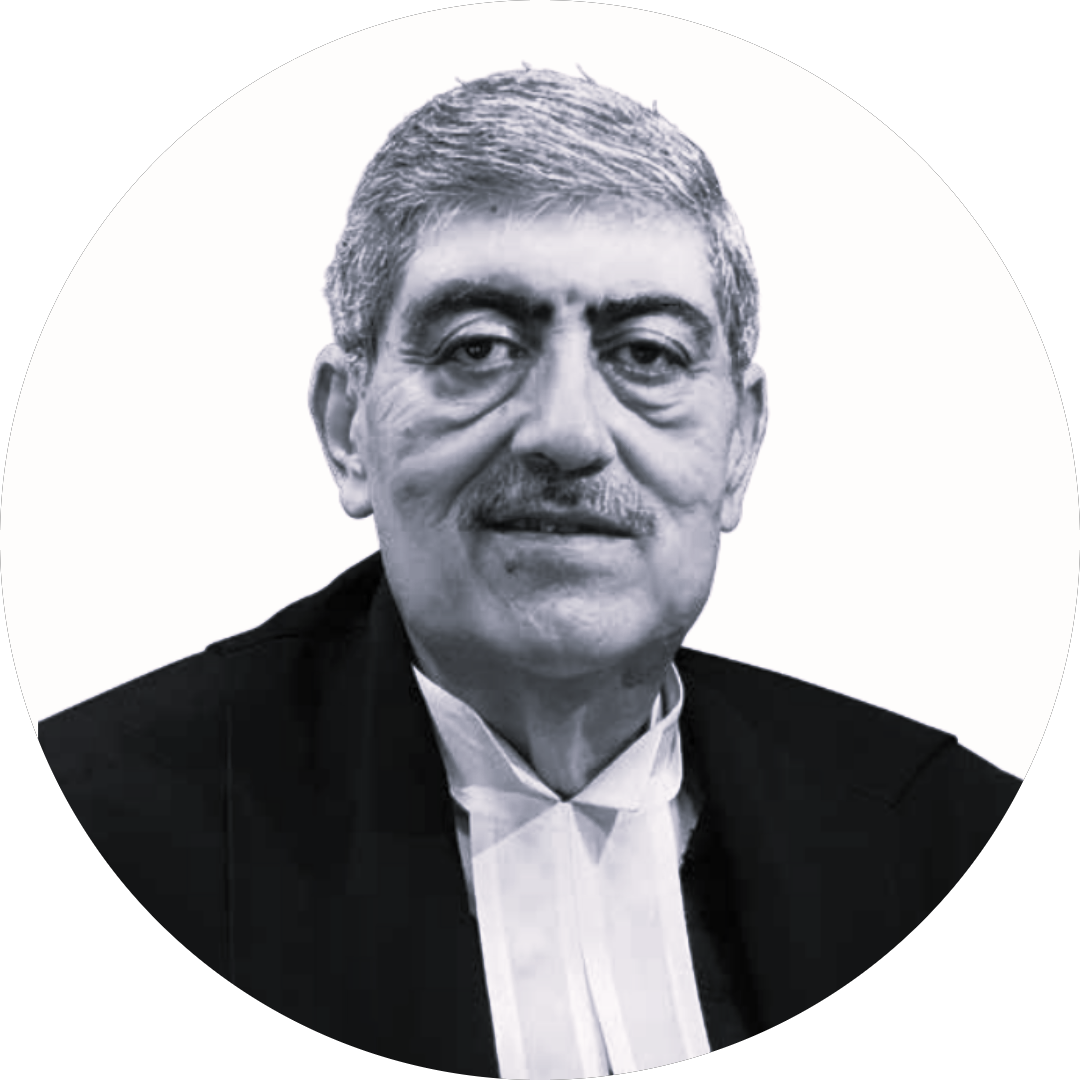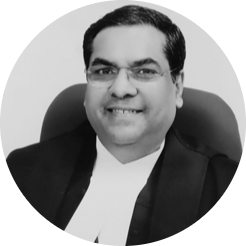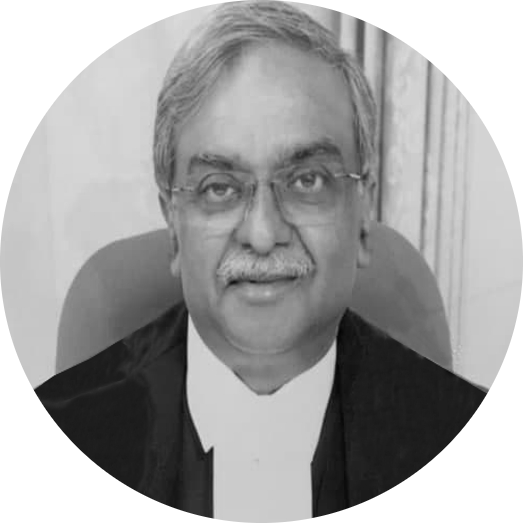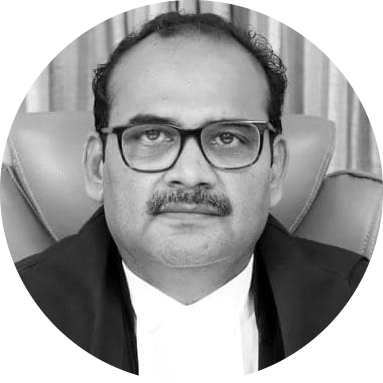Retrospective Immunity Against Arrest
C.B.I. v R.R. Kishore
Citation: 2023INSC817
The SC will determine if immunity against arrest extends to older pending cases after the provision granting immunity was struck down
Decided
Parties
Petitioner: CBI
Lawyers: Arvind Kumar Sharma
Respondent: Dr. R.R. Kishore
Lawyers: Sr. Adv. Arvind Datar
Intervenor: Manjit Singh Bali
Lawyers: Senthil Jagadeesan
Key Issues
Can a person be entitled to immunity against arrest if the law granting them immunity is struck down following their arrest?
Case Description
In 2004, Dr. R.R. Kishore, the Chief District Medical Officer in the Government of Delhi, was arrested by the Central Bureau of Investigation (CBI) while accepting a bribe. Dr. Kishore challenged the arrest claiming that the CBI did not obtain the mandatory Union approval under Section 6A(1) of the Delhi Special Police Establishment Act, 1946 (the Act) to arrest him.
A Chief District Medical Officer is a Joint Secretary level rank officer. Section 6A of the Act mandates prior approval by the Union Government before conducting any investigation or inquiry under the Prevention of Corruption Act, 1988 against a State official at a Joint Secretary level designation or higher.
Prior to Dr. Kishore’s arrest, an FIR was filed against him for demanding a bribe and the case was handed over to the CBI for investigation. The CBI laid a trap to catch him in the act and arrested him while accepting a bribe.
On October 5th, 2006, the Delhi High Court held that Dr. Kishore’s arrest was illegal since he was not arrested “on the spot”. The CBI contended that Union Government approval was not necessary since Dr. Kishore was arrested while accepting a bribe. Dr. Kishore countered that laying the trap and subsequent events were all part of the investigation and required the Union Government’s sanction.
The High Court observed that the arrest occurred after a case had been registered and the investigation was underway. As such, prior approval from the Union government was required. However, the High Court further observed that while the investigation was illegal, Dr. Kishore was not entitled to have the case closed. Instead, it directed the CBI to conduct a reinvestigation after seeking the Union government’s approval to investigate the charges.
On January 3rd, 2007, the CBI filed an appeal against the High Court’s decision at the Supreme Court.
In 2014, a 5-Judge Constitution Bench of the Supreme Court, in Dr. Subramanian Swamy v Director, Central Burea of Investigation, struck down Section 6A(1) of the Delhi Special Police Establishment Act, 1946, for violating the Right to Equality. The Court held that immunity cannot be restricted to a certain rank of officers. This Judgment raised questions on whether Dr. Kishore could still claim immunity under the invalidated provision since he was arrested prior to the decision.
On March 10th, 2016, a 2-Judge Bench in the present case observed that Subramanian Swamy (2014) did not mention if the Judgment would apply retrospectively or prospectively. Therefore, the Bench referred the matter to a 5-Judge Constitution Bench to decide if the 2014 decision meant that officials with cases pending against them could be deprived of their immunity retrospectively.
On August 24th, 2022, the Supreme Court announced that it would hear 25 Constitution Bench matters starting from August 29th, 2022. The CBI’s appeal against Delhi HC decision on Dr. Kishore’s arrest was on this list.
On November 2nd, 2022, a 5-Judge Constitution Bench comprising Justices S.K. Kaul, Sanjiv Khanna, A.S. Oka, Vikram Nath, J.K. Maheshwari concluded hearing arguments and reserved Judgment.





